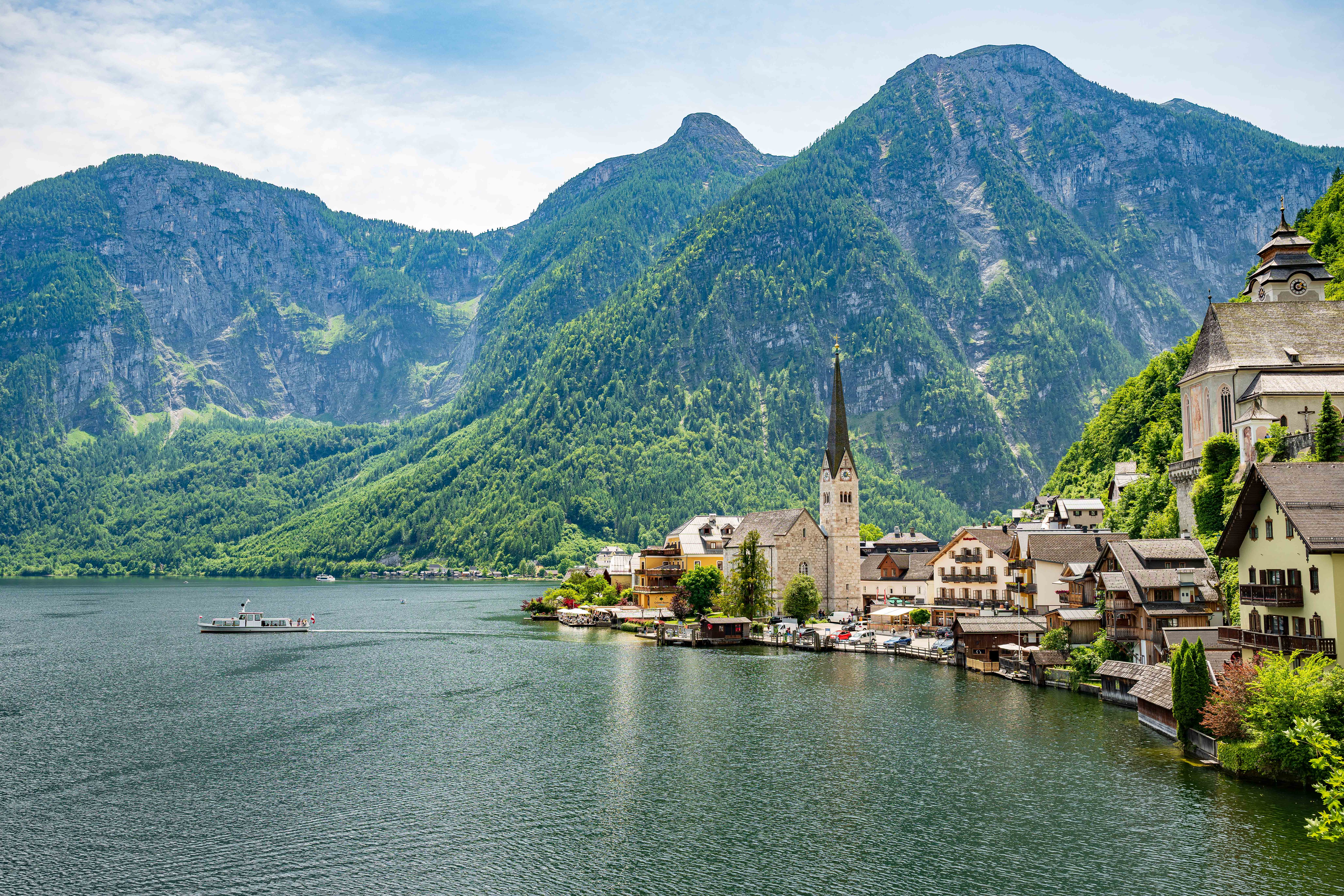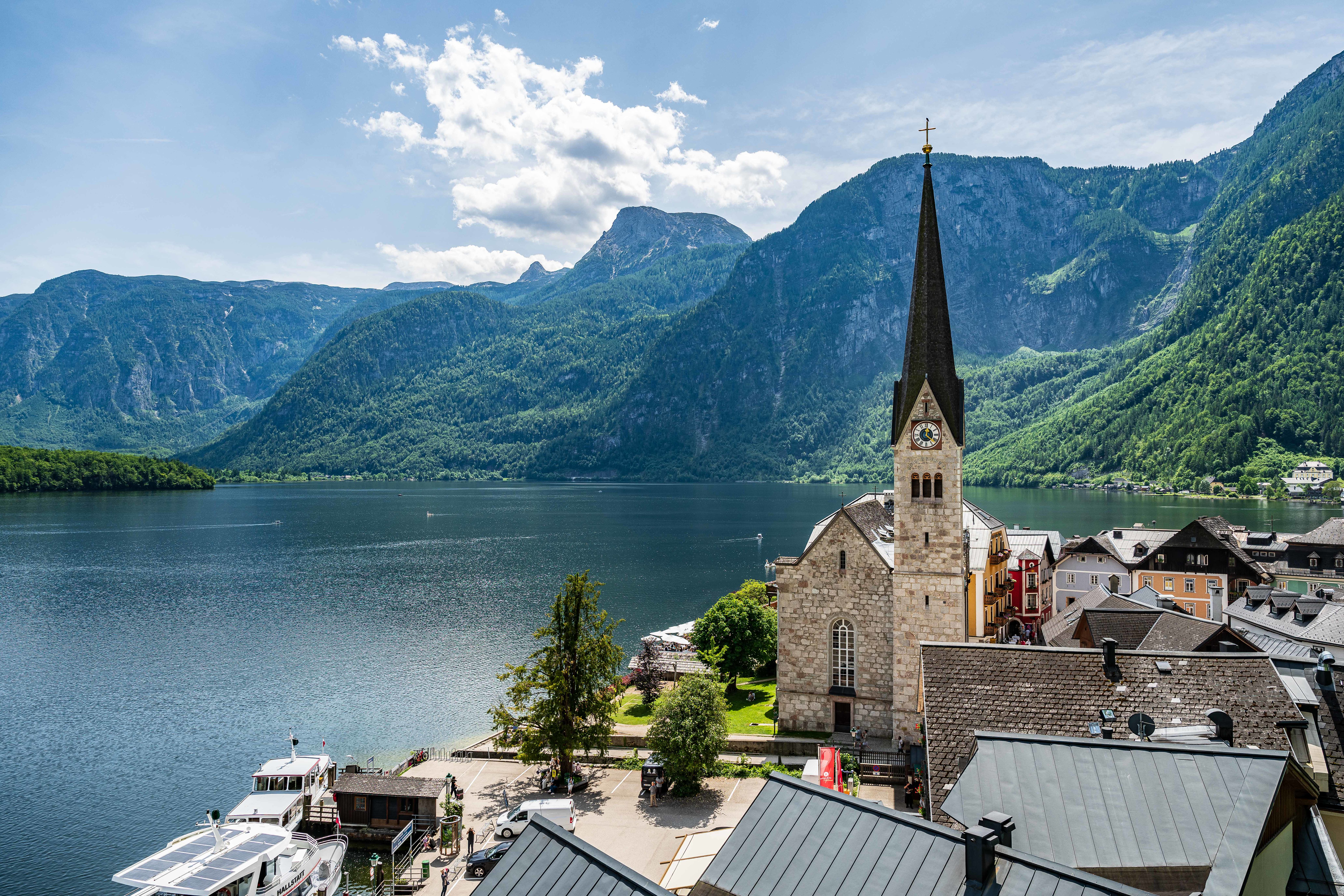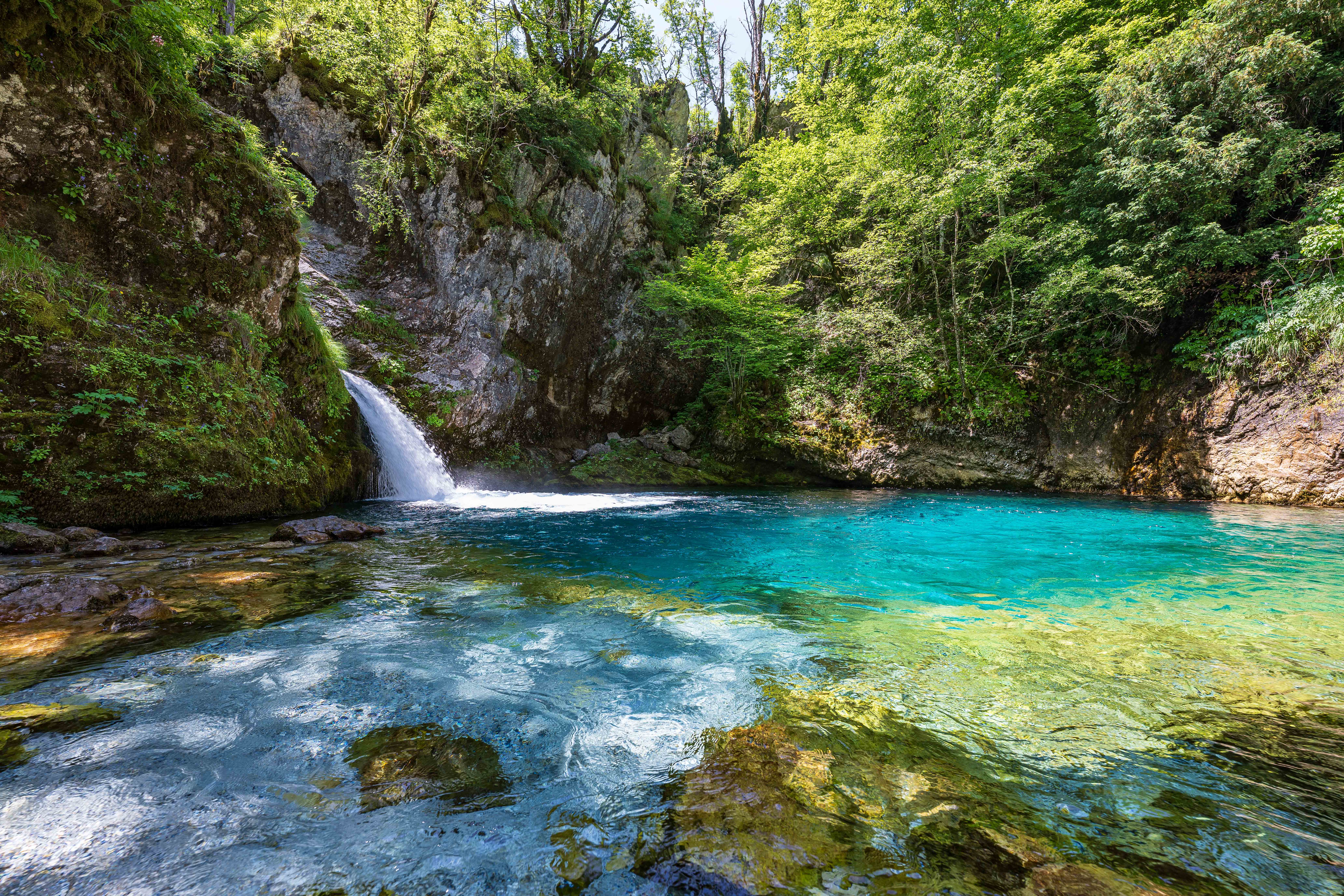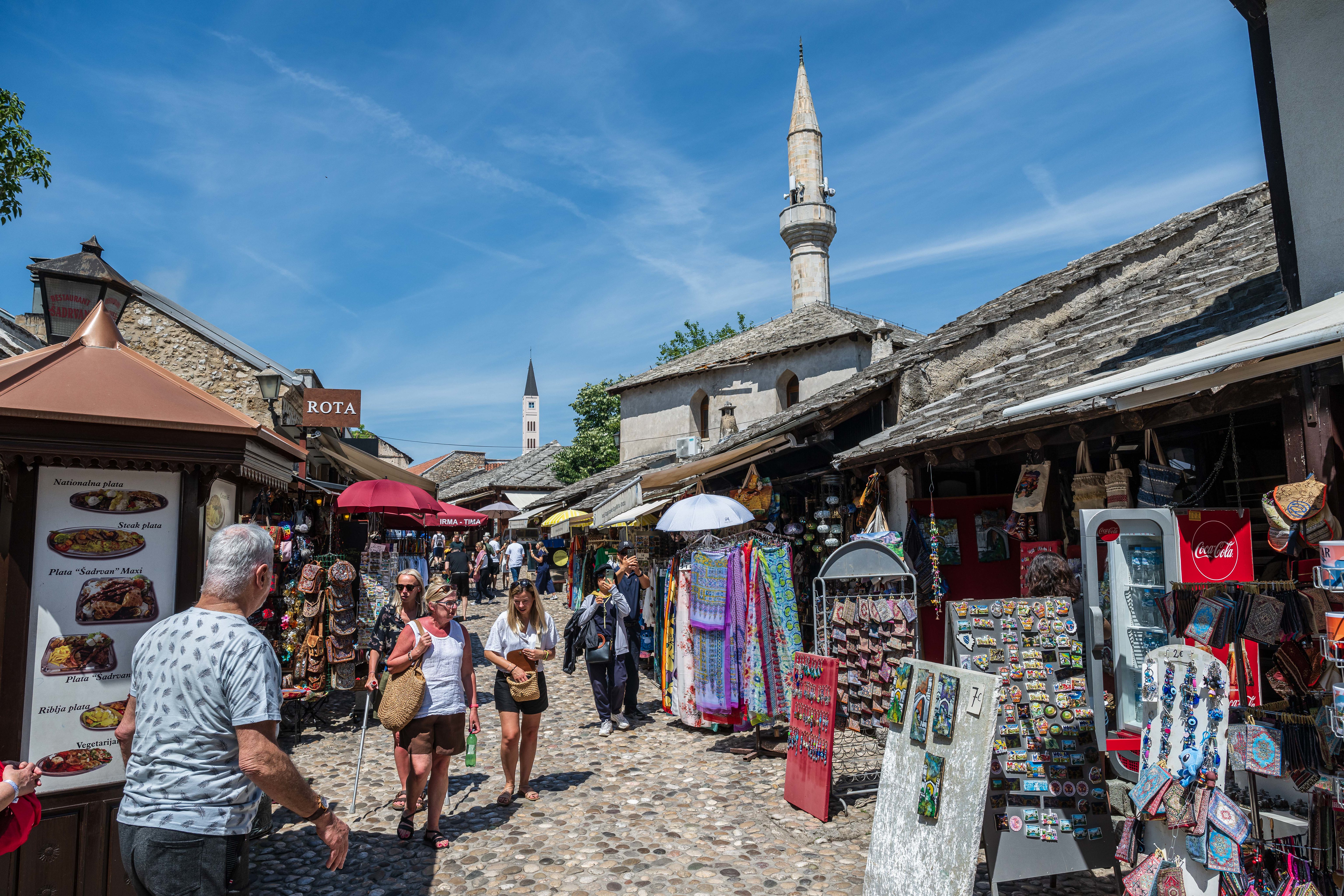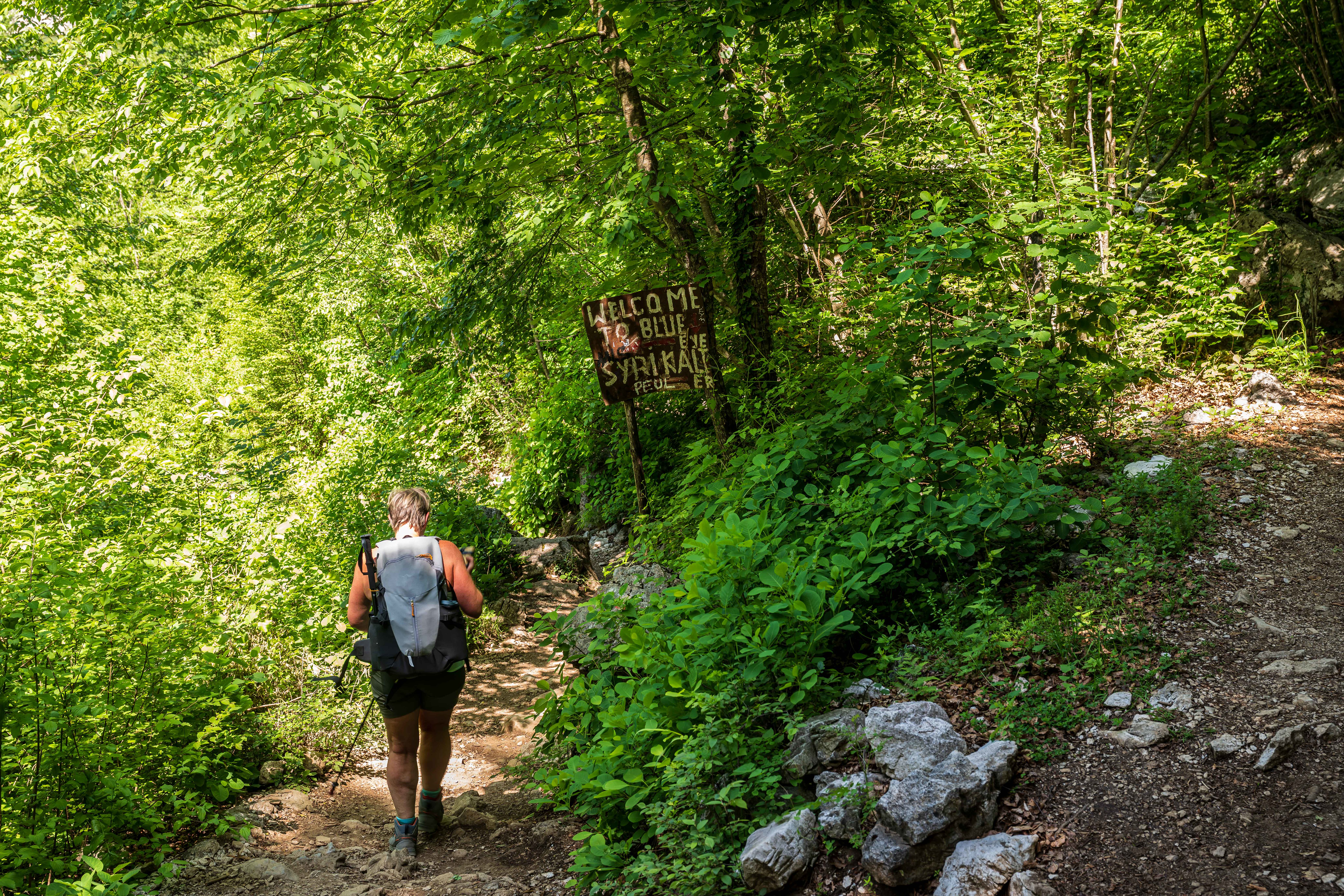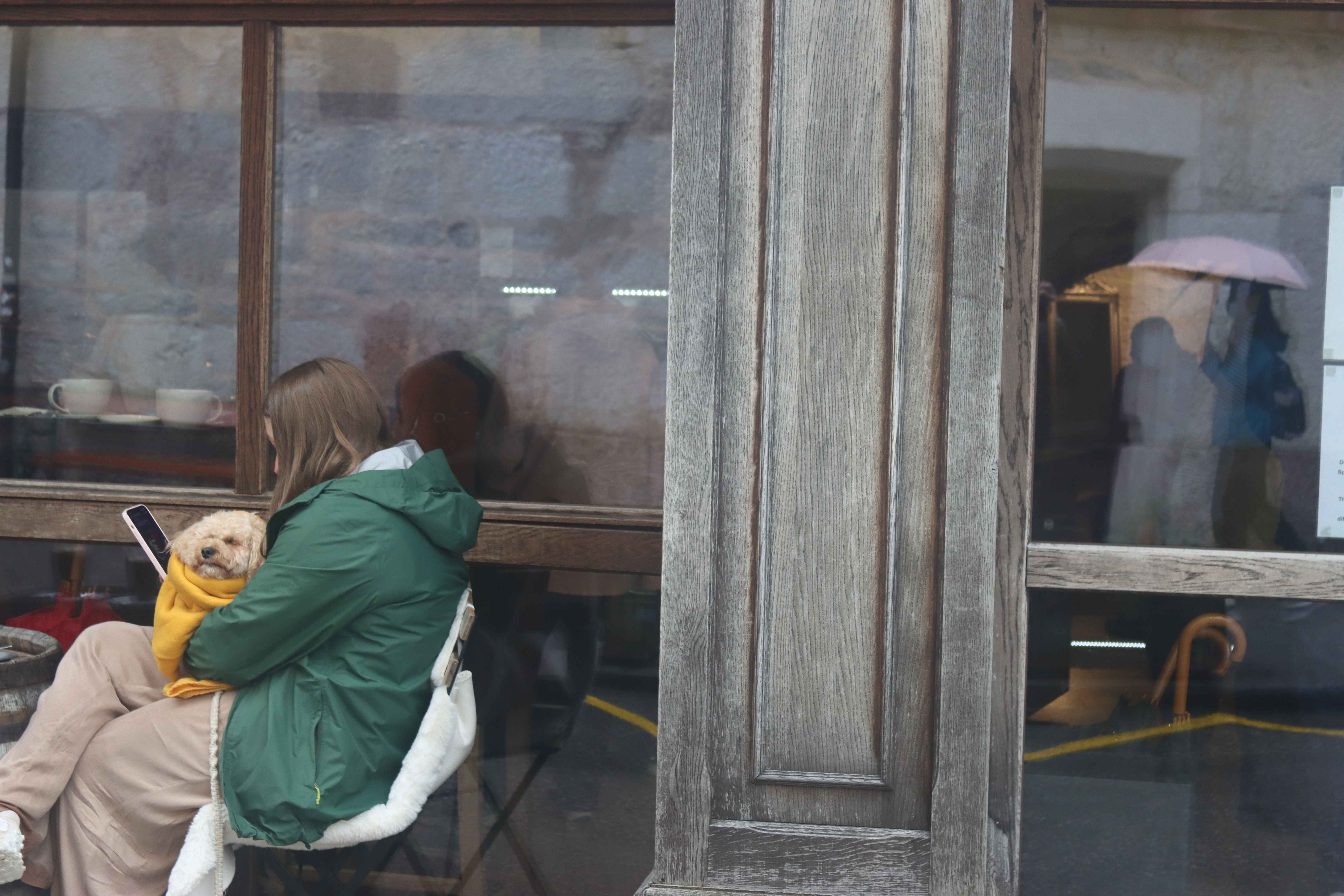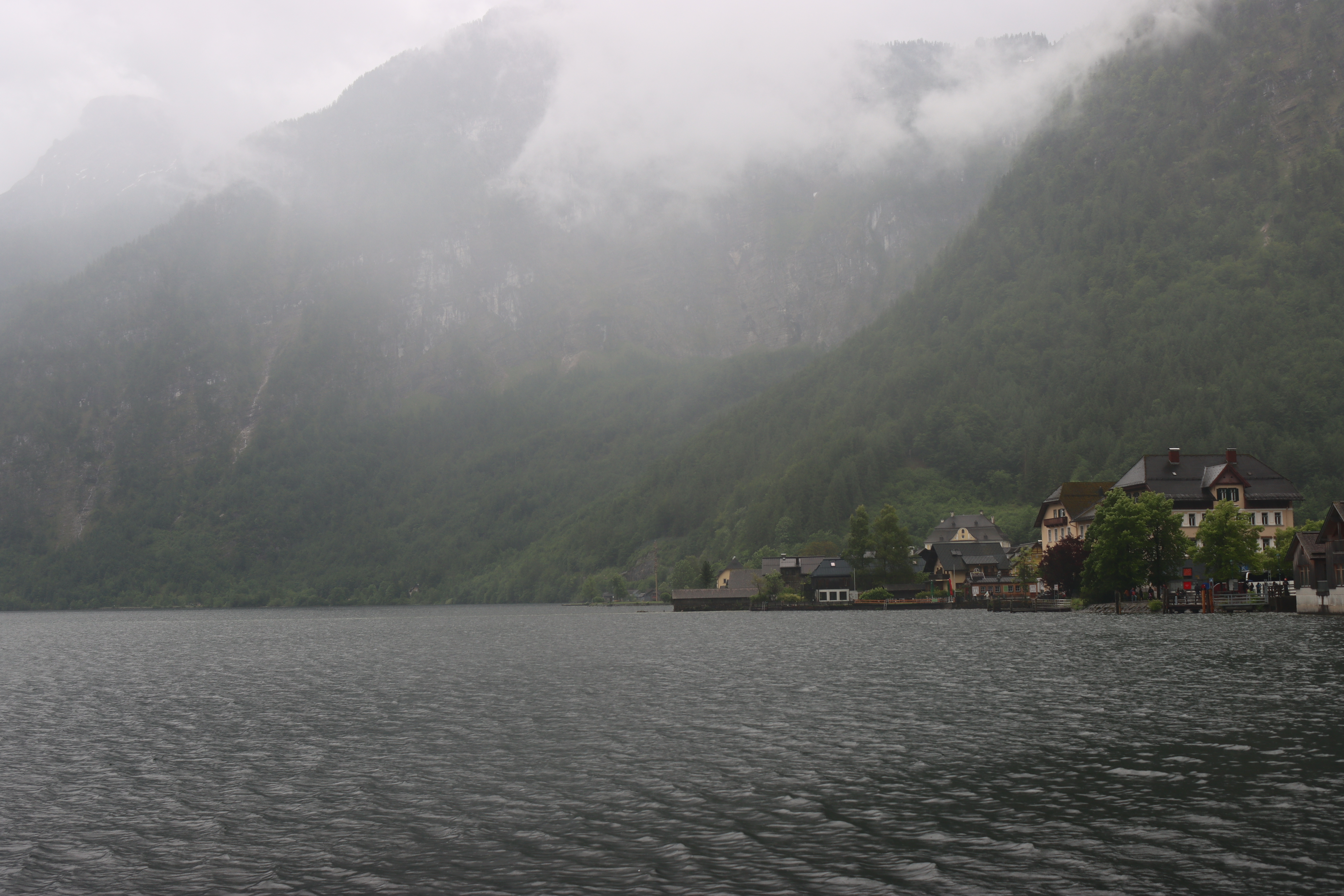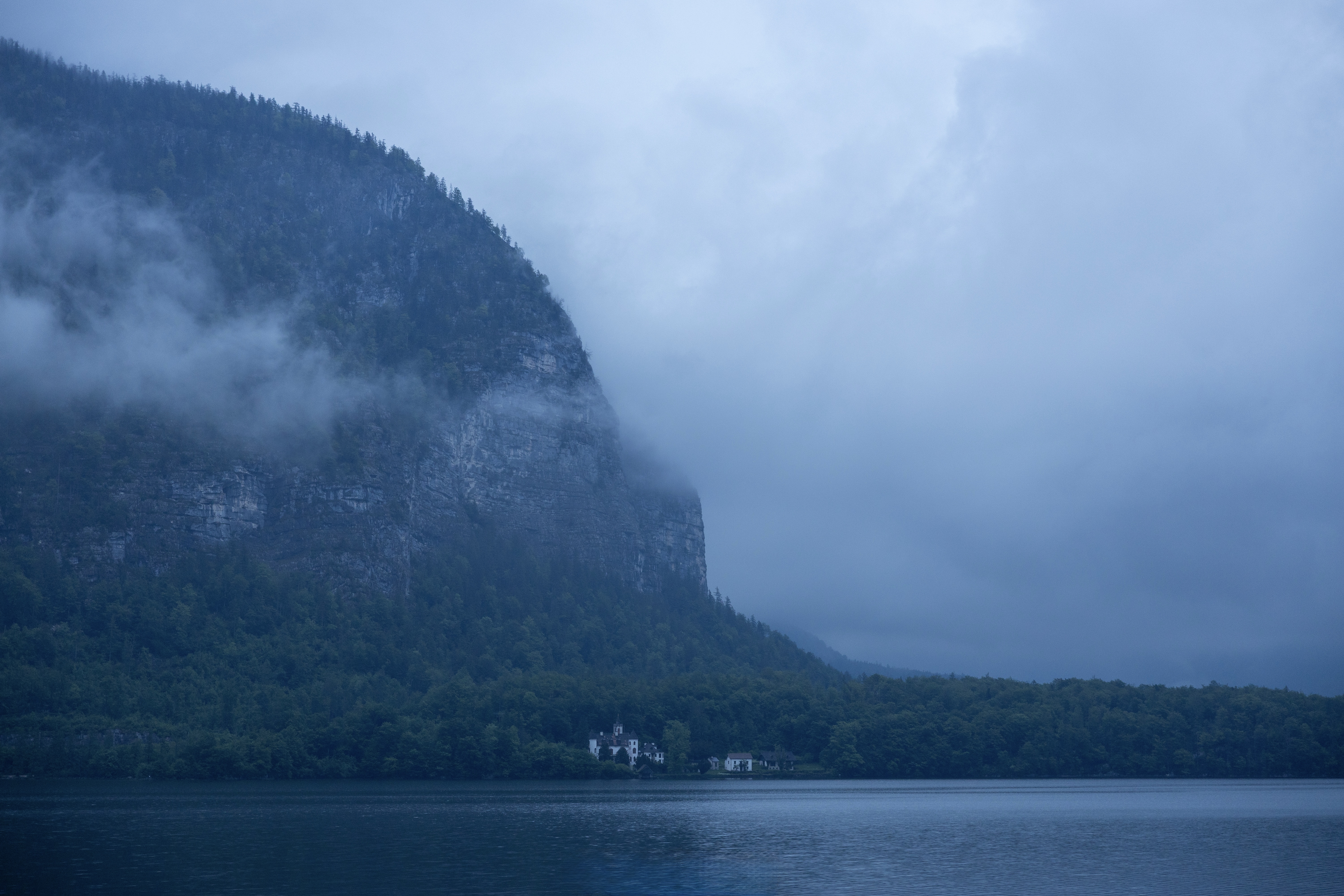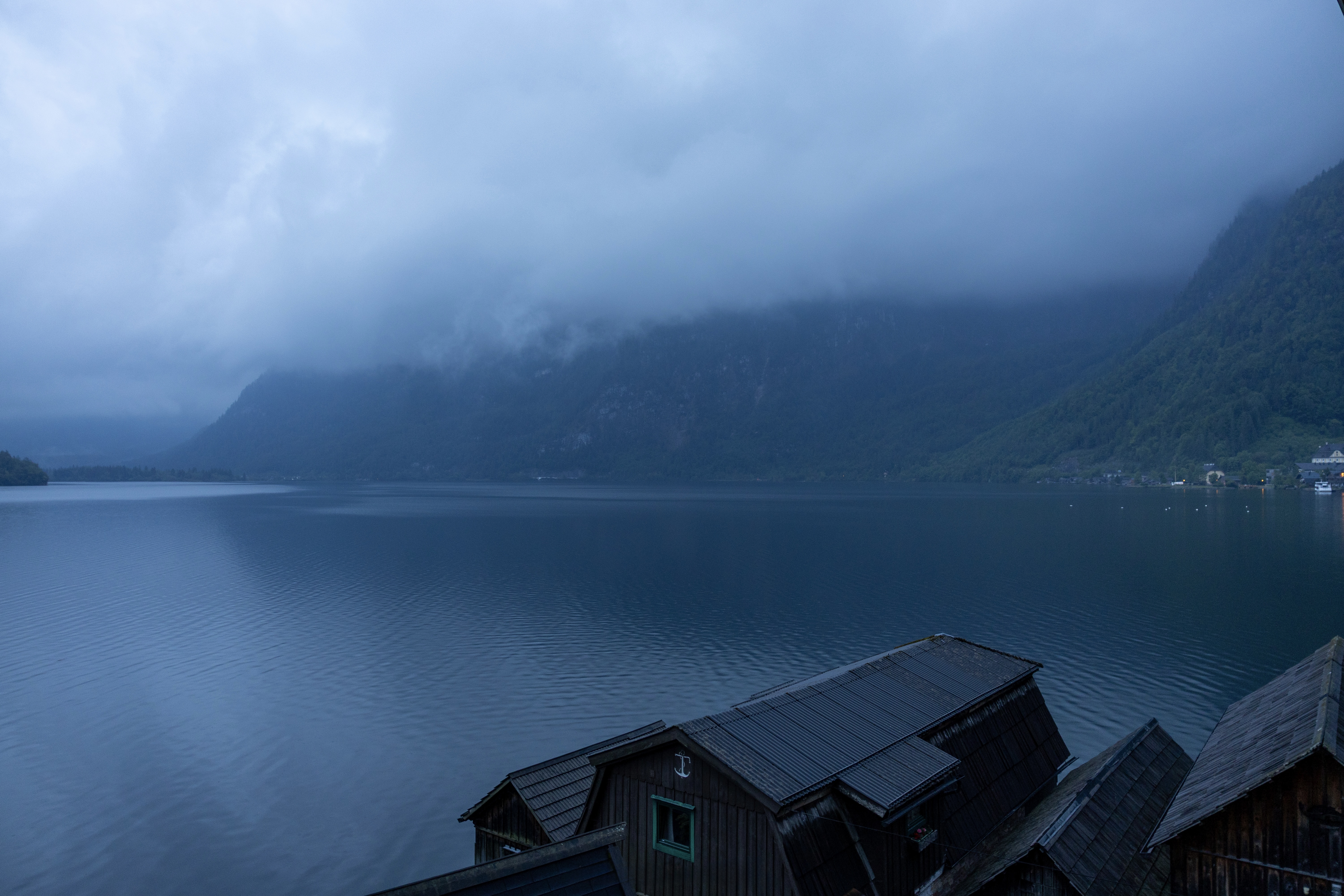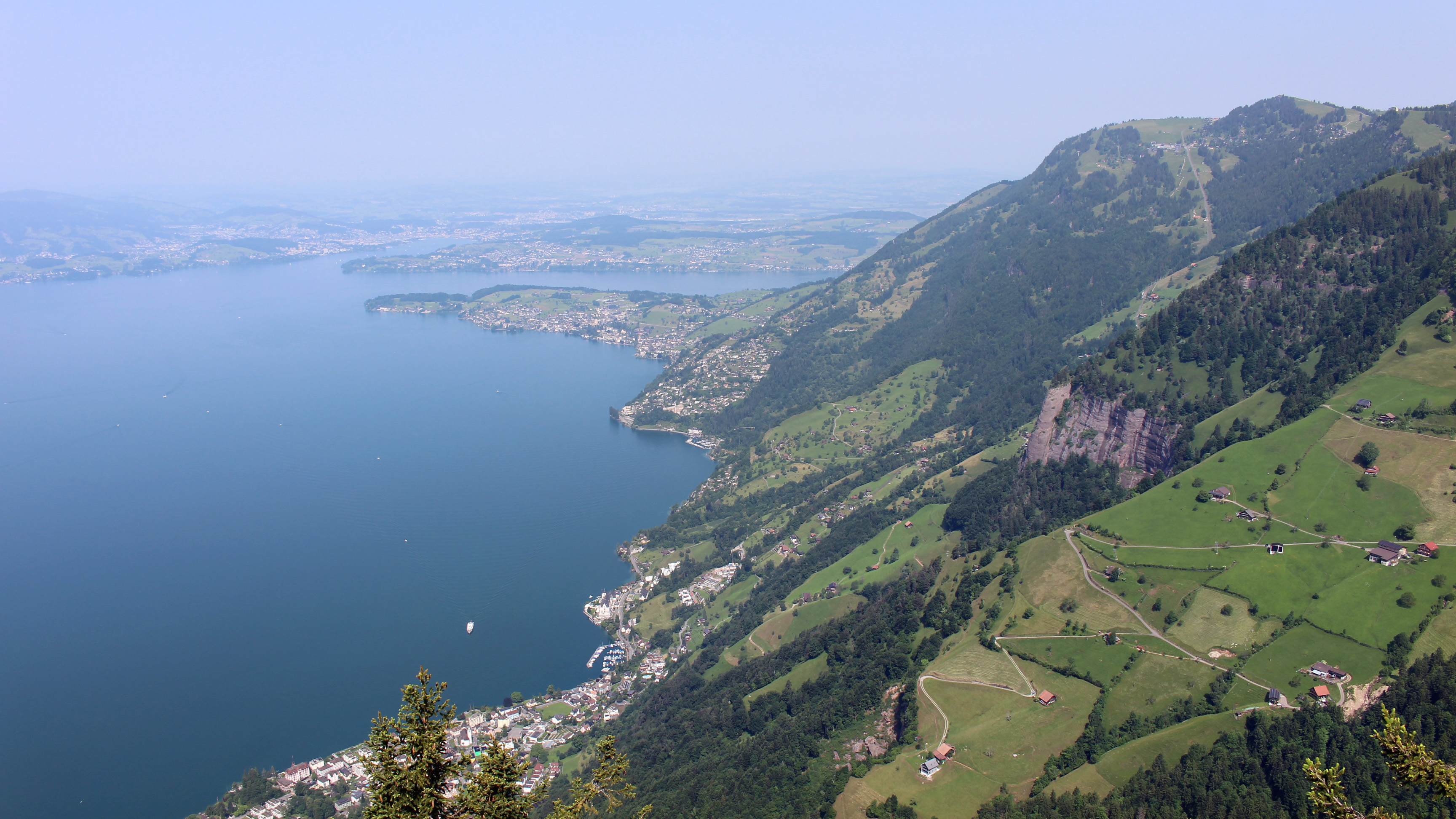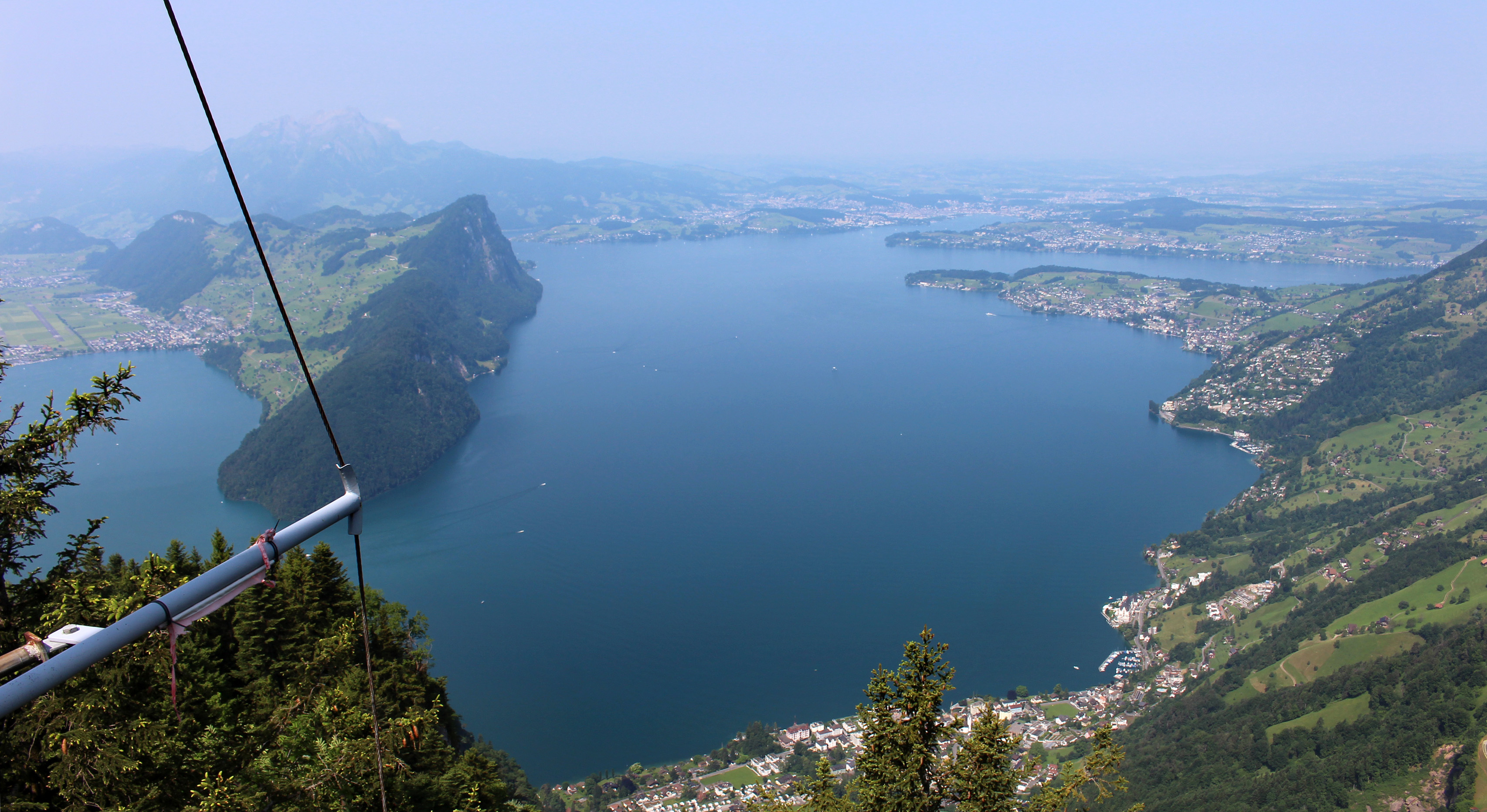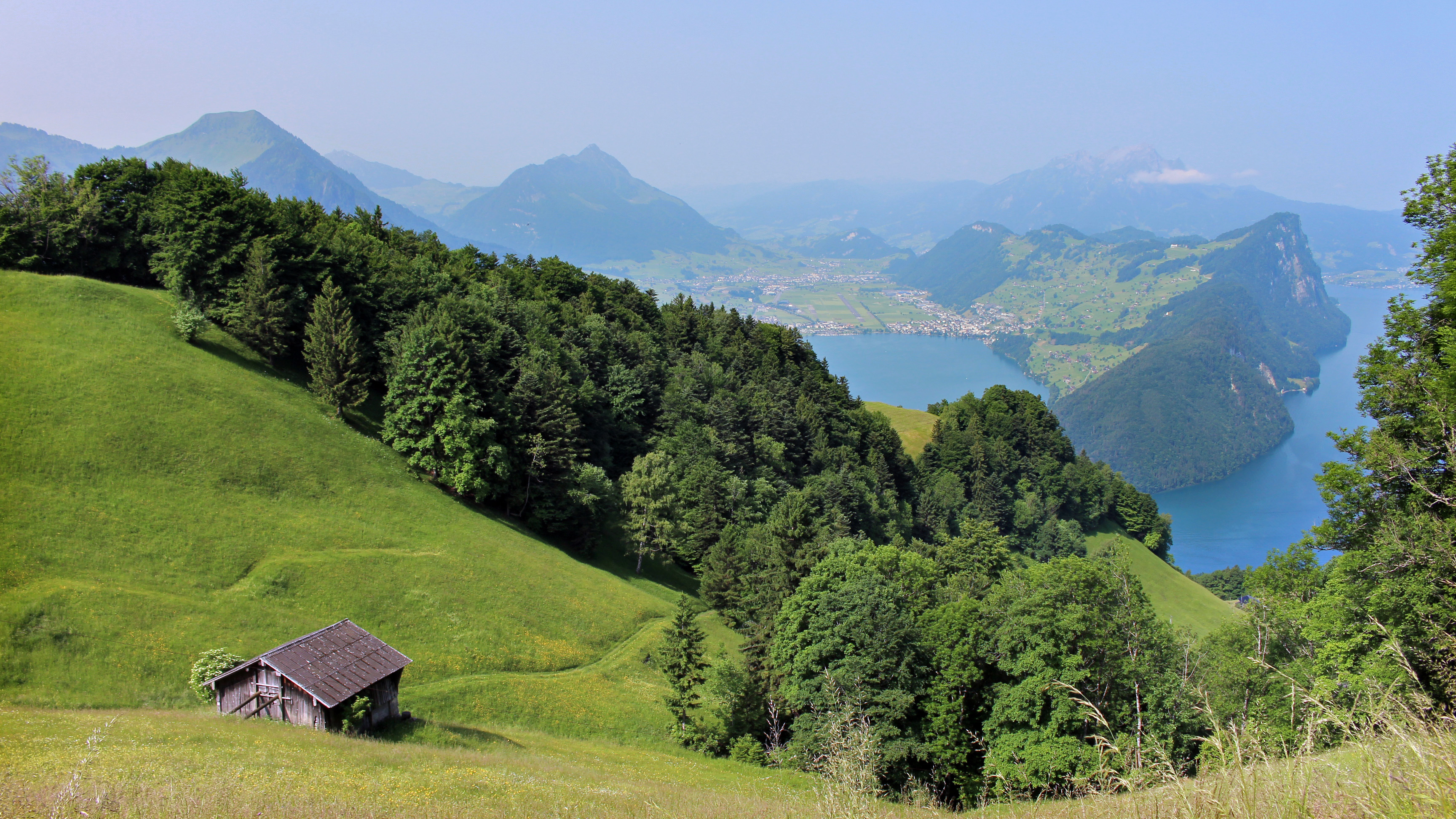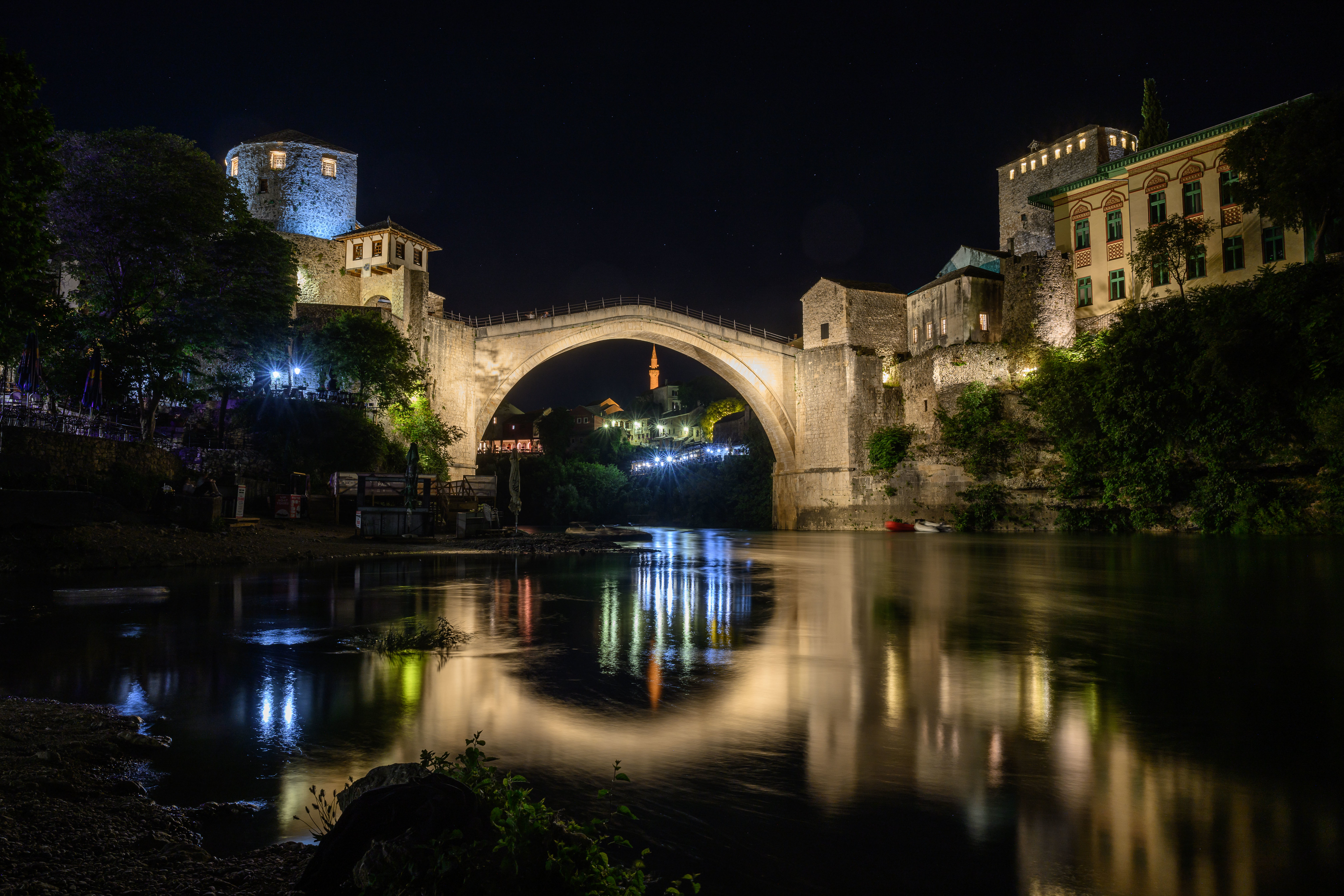A Town from Heaven: Hallstatt
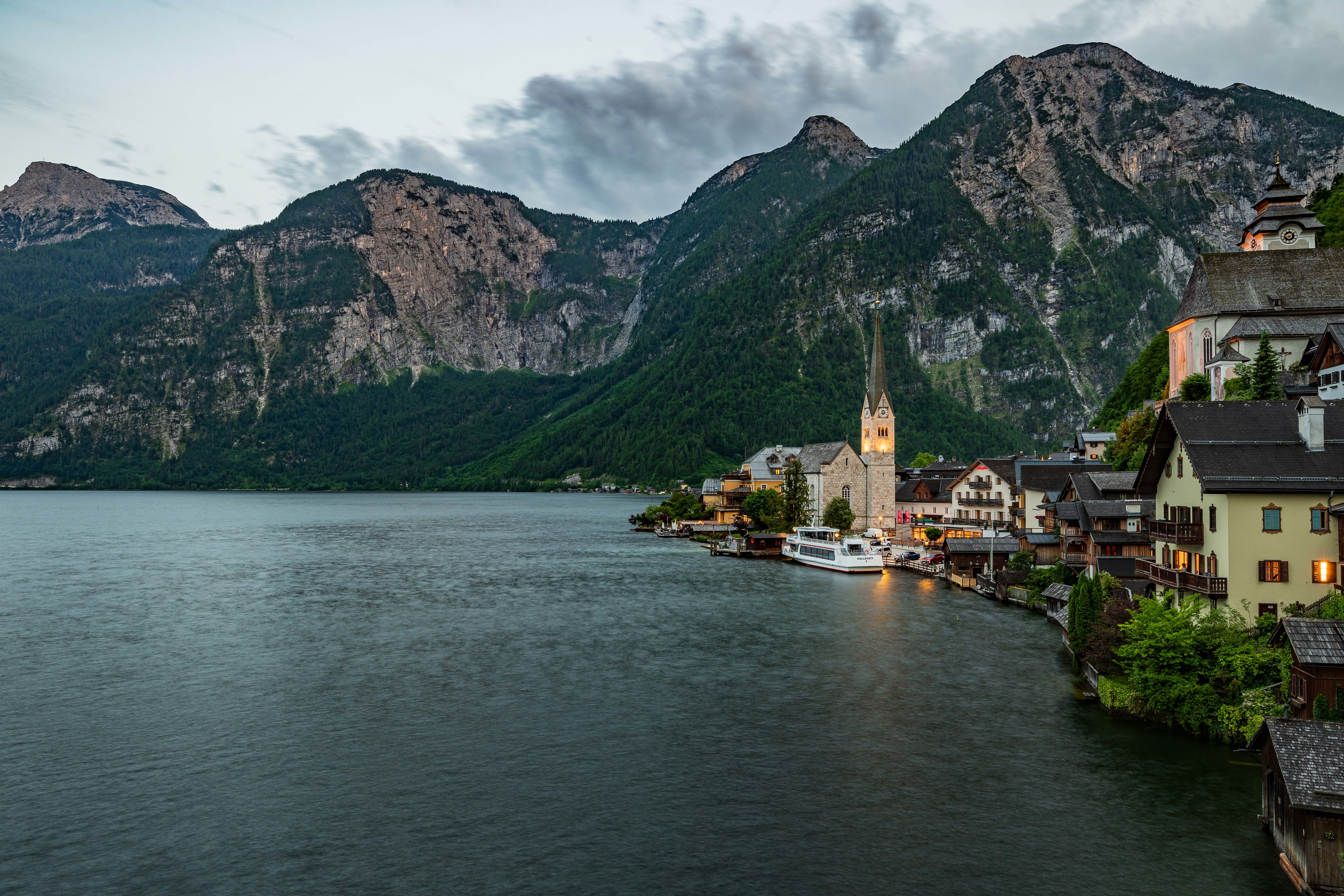
Hallstatt is an existence of extreme lightness.
It’s not as complex as Paris, nor as rational as Munich. It’s more like a watercolor painting, with light color blocks and gentle lines. Standing by the lake, you might even have an illusion: this is not a real village, but some kind of memory’s depiction of nature in a dream.
I arrived on a day in late June, with soft sunlight and slowly dispersing clouds. The lake was as calm as an unpolished mirror, capturing the mountain shadows, church spires, eaves, and sky, with even the wind reluctant to disturb it. I walked slowly along the lakeside path, listening to my footsteps on the stone slabs, as if responding to some rhythm of the water surface.
That afternoon, I met a girl from the Czech Republic at a small lakeside café. We simply sat at adjacent tables, each ordered a drink, and each gazed at the lake. No one took the initiative to speak, until she asked if I also felt this village didn’t seem real. I smiled and replied: not real, but quieter than “real.”
Later we chatted briefly, not much, but enough to leave a memory. She said she was from Brno, studying in Vienna, and came alone today for a walk. She pointed at the lake surface and said softly: “This kind of place makes one temporarily not need life.” I thought that short sentence was closer to the essence of Hallstatt than many tourists’ cameras and records.
We didn’t exchange contact information. We just sat for a while longer, then each left separately. Just like this village itself: you won’t force it to stay, and it doesn’t intend to keep you. You simply had a gentle conversation on an afternoon when the weather was just right.
After she left, I continued walking along the lake for a while. The wind gently blew across the water surface, water birds took flight, skimming across a line of light. At that moment, I suddenly felt: not all encounters in this world need to have results, some fragments are meant to be gentle with you for a while, then continue on their separate paths.
Hallstatt doesn’t force you to be moved, it simply exists there quietly, telling you in the most peaceful way:
“You don’t need to possess everything, just looking at it is already enough.”
